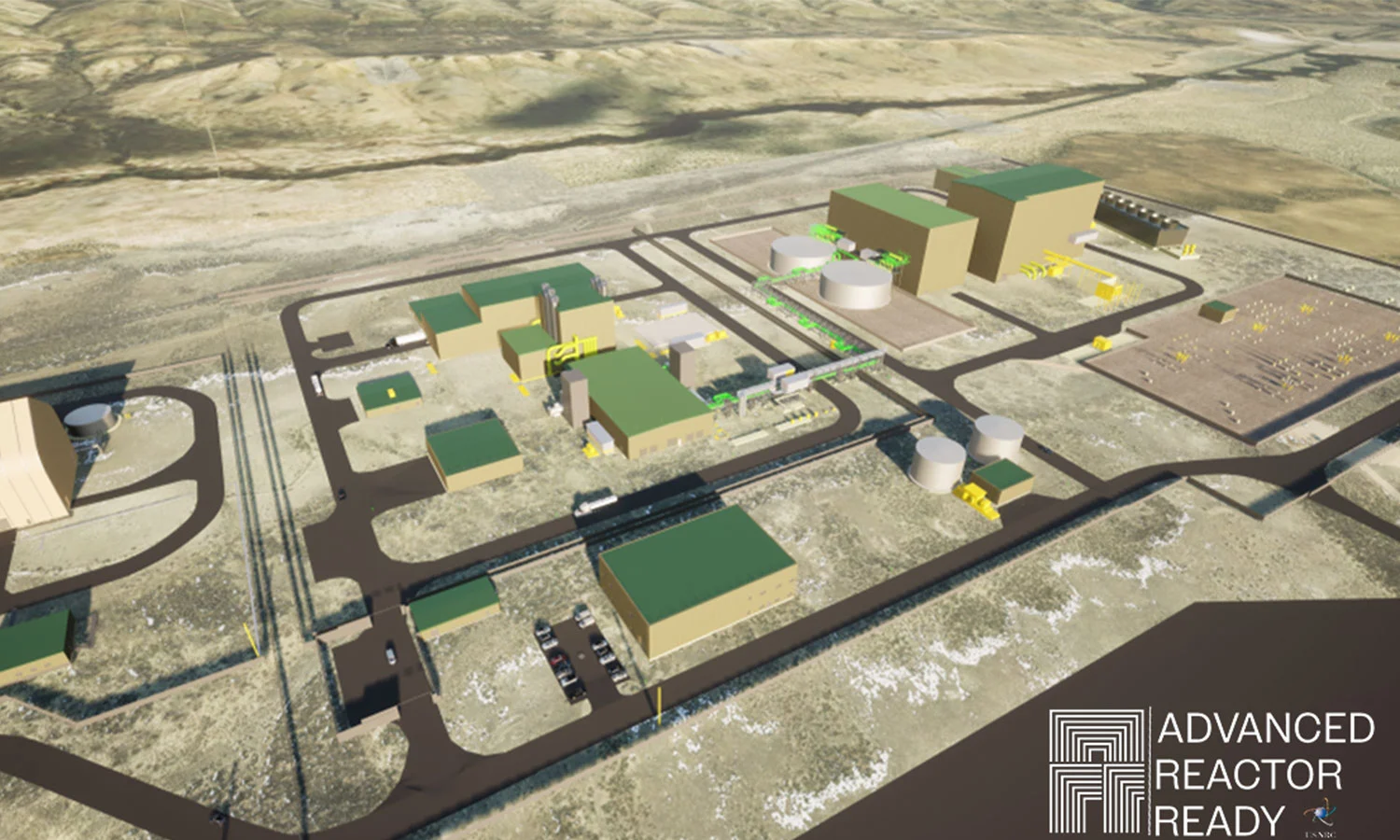A realistic understanding of their costs and risks is critical.
What are SMRs?
-
SMRs are not more economical than large reactors.
-
SMRs are not generally safer or more secure than large light-water reactors.
-
SMRs will not reduce the problem of what to do with radioactive waste.
-
SMRs cannot be counted on to provide reliable and resilient off-the-grid power for facilities, such as data centers, bitcoin mining, hydrogen or petrochemical production.
-
SMRs do not use fuel more efficiently than large reactors.
[Edit: If people have links that contradict any the above, could you please share in the comment section?]


I think the EU Commission has done a fairly good job of listing the pros and contras of small modular reactors:
https://energy.ec.europa.eu/topics/nuclear-energy/small-modular-reactors/small-modular-reactors-explained_en
They have some advantages over conventional (large) reactors in the following areas:
Explanation: even a shut down NPP needs cooling, but bigger ones need non-trivial amounts of energy, for example the 5700 MW plant in Zaporizhya in the middle of a war zone needs about 50 MW of power just to safely stay offline, which is why people have been fairly concerned about it. For comparison, a 300 MW micro-reactor brought to its lowest possible power level might be safe without external energy, or a minimal amount of external energy (which could be supplied by an off-the-shelf diesel generator available to every rescue department).
The overview of the Commission mentions:
I don’t think they will offer economical advantages over renewable power. Some amont of SMRs might however be called for to have a long-term steerable component in the power grid.